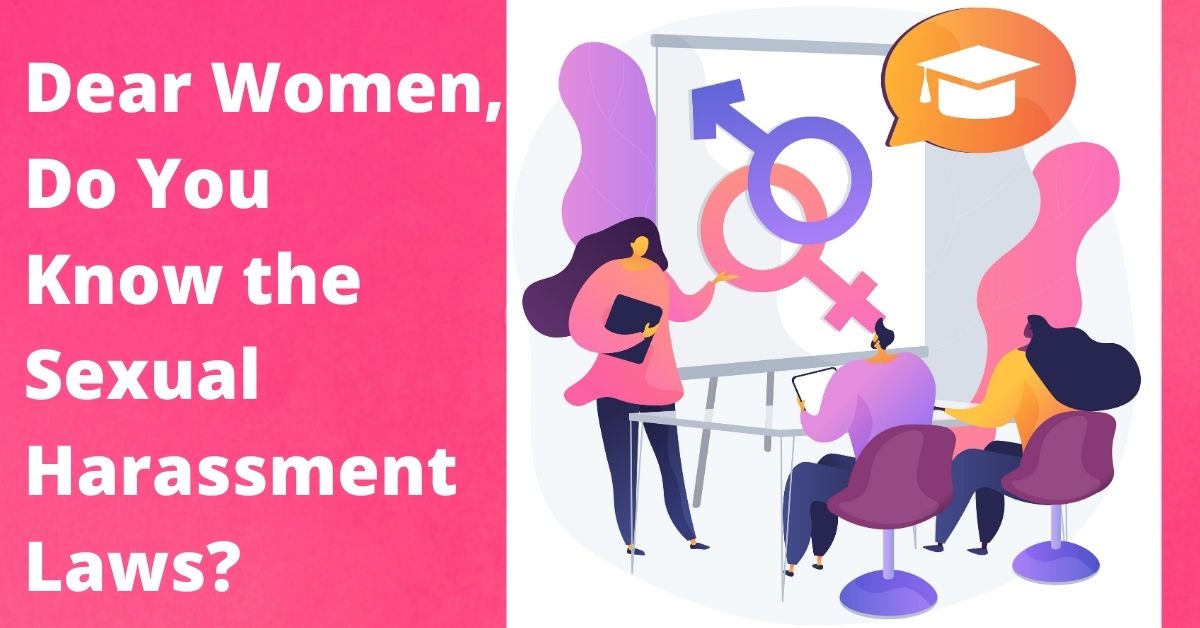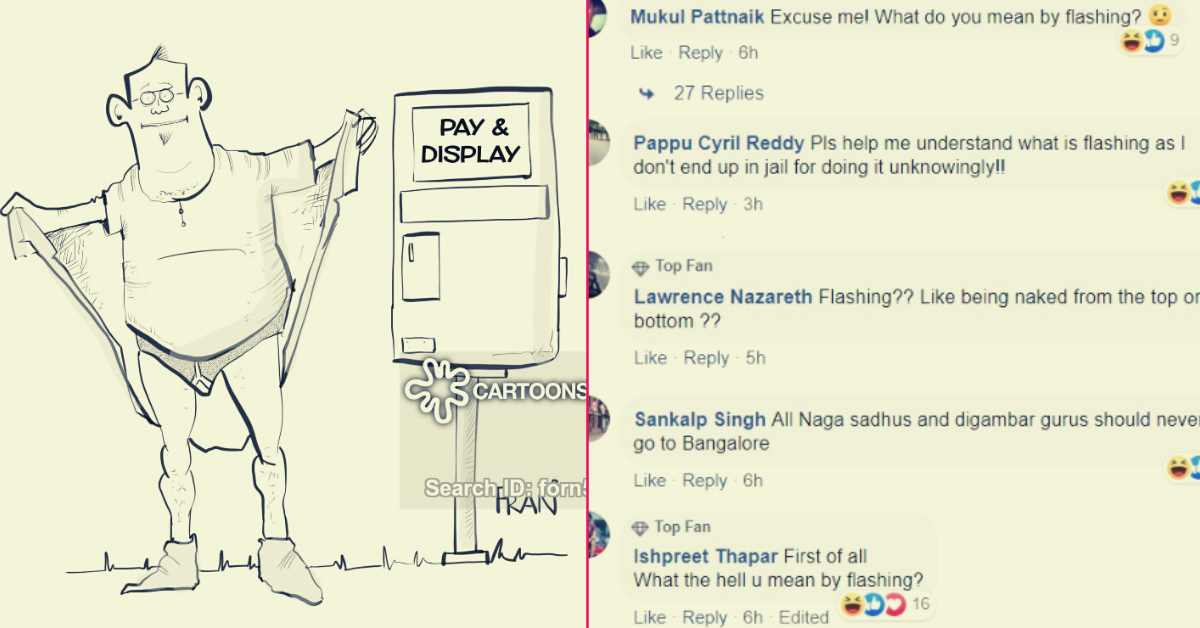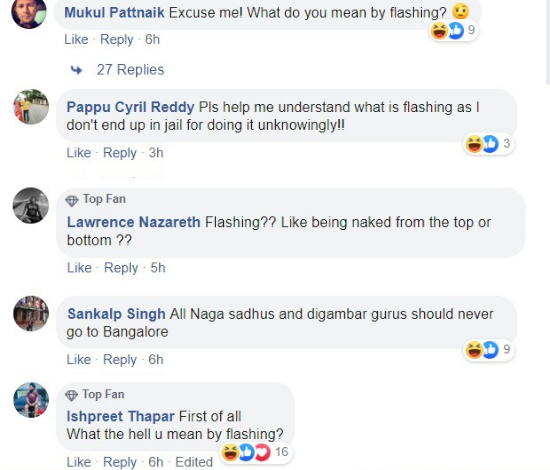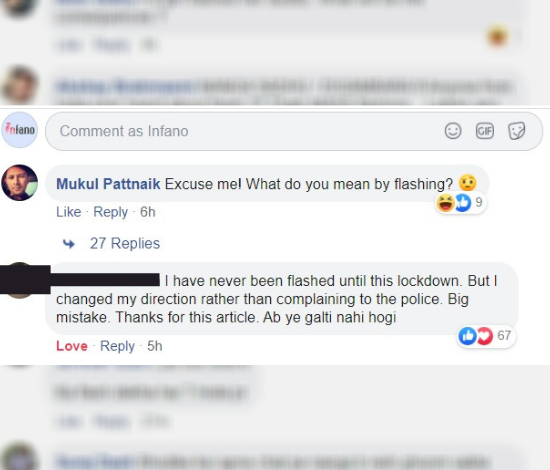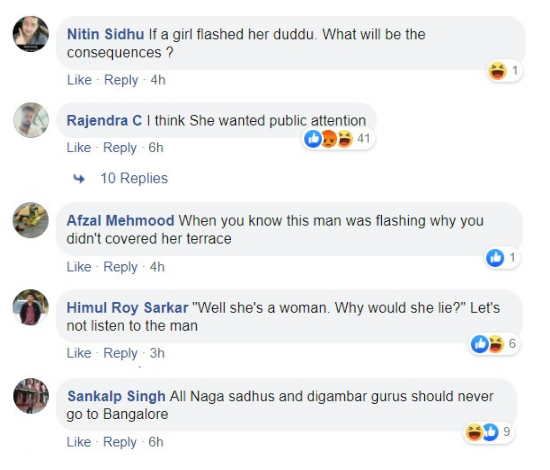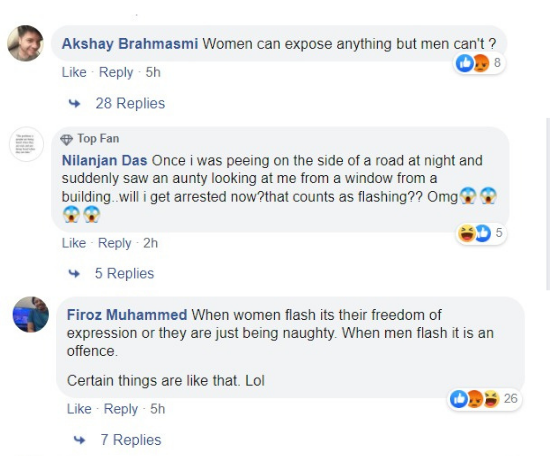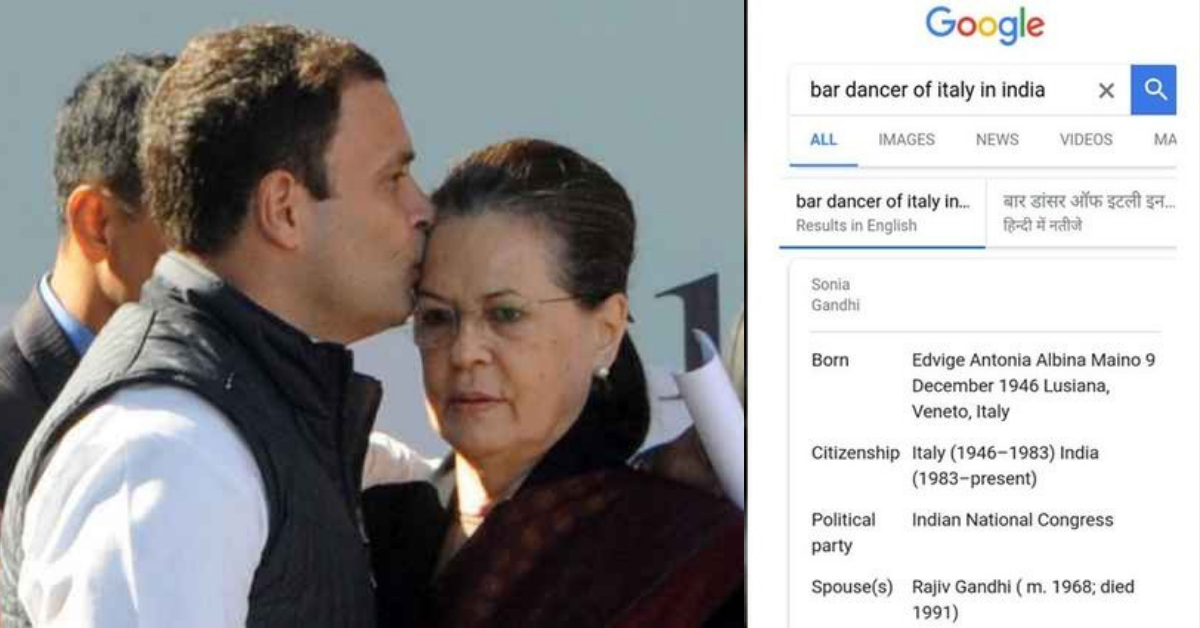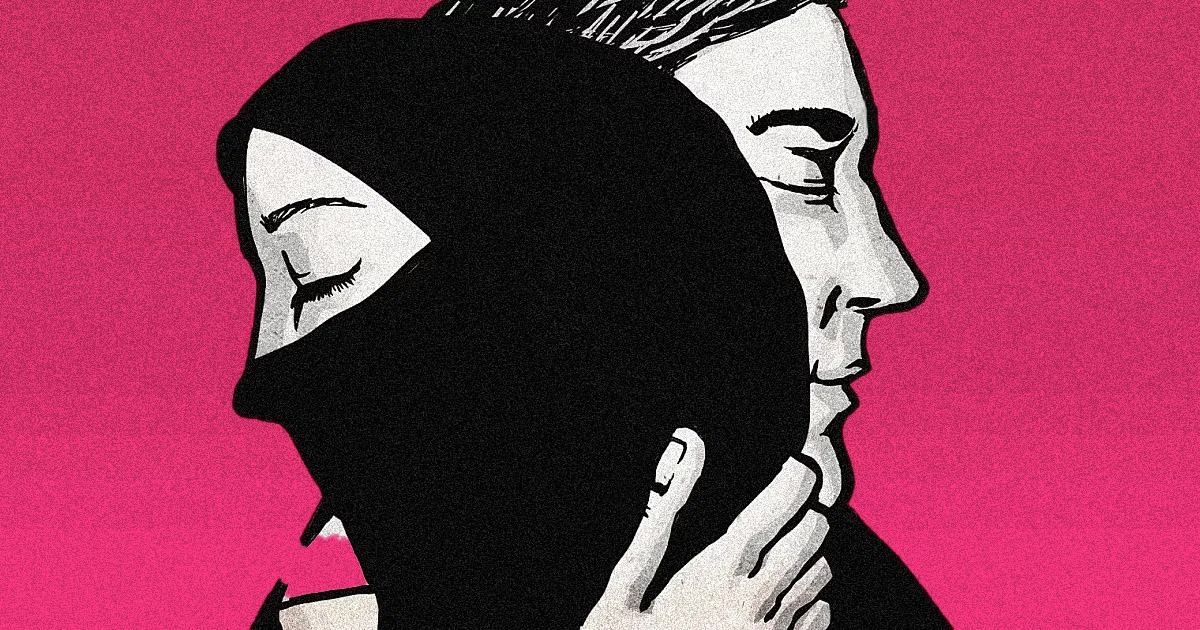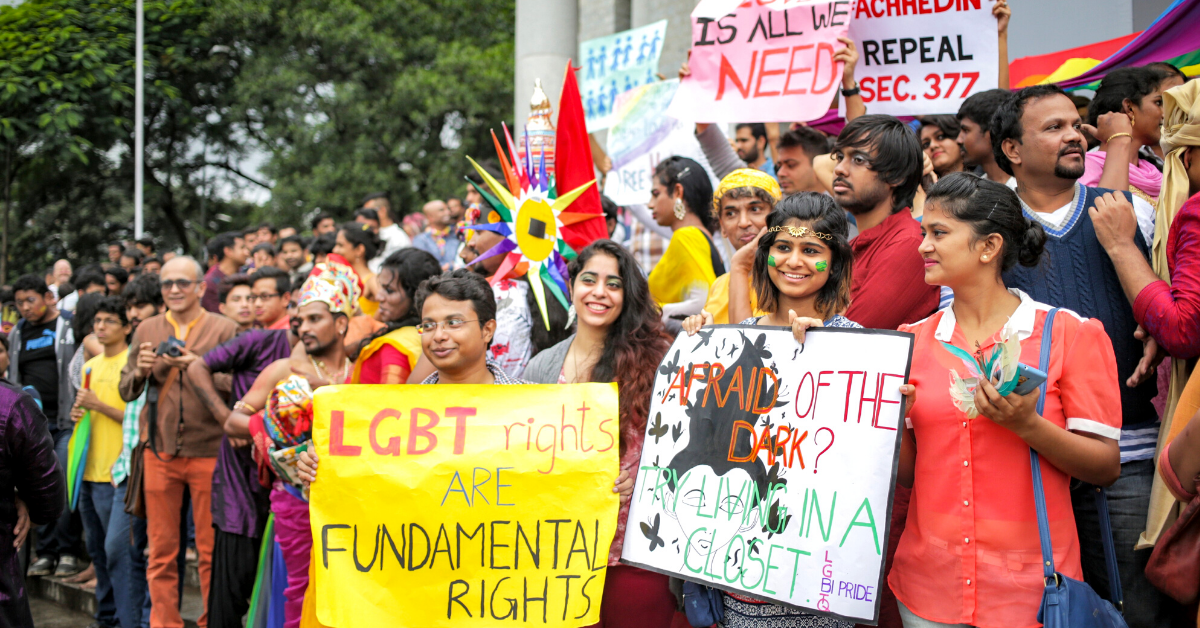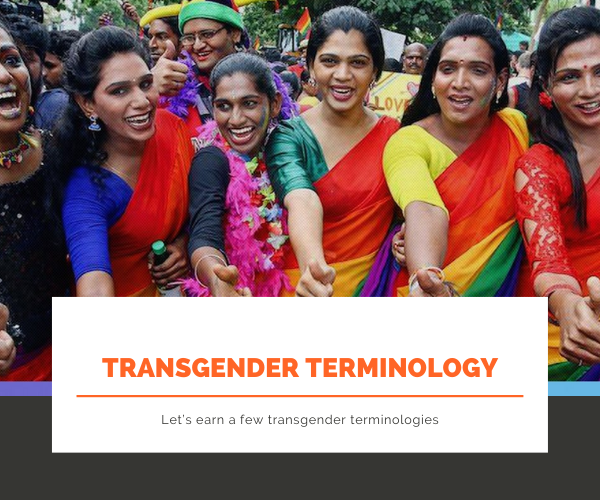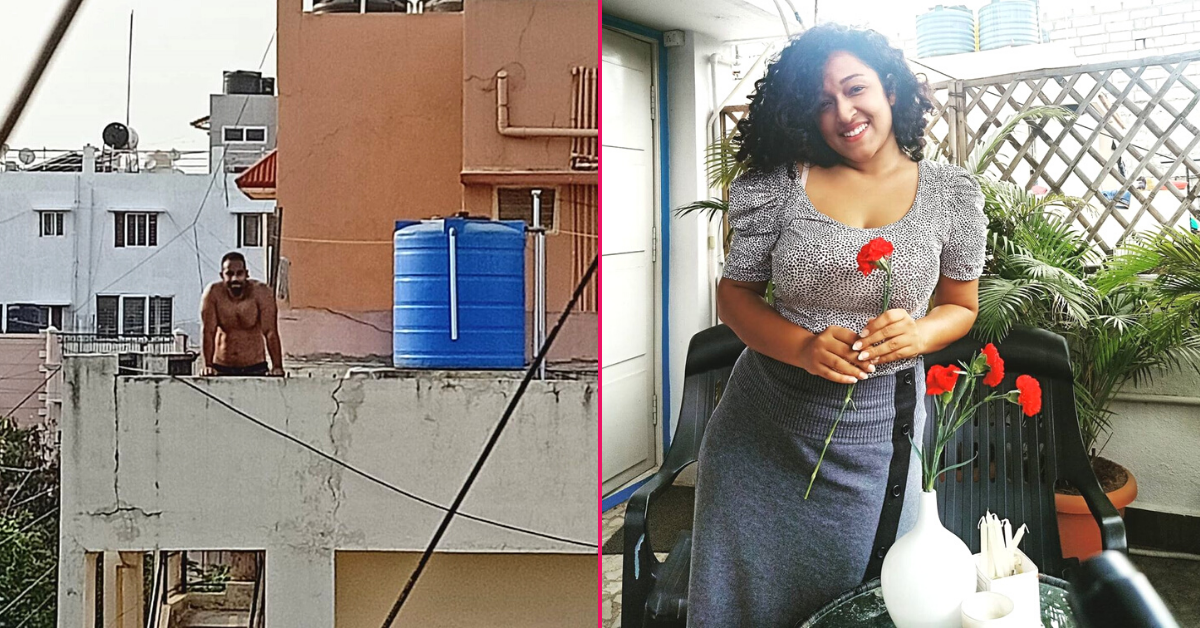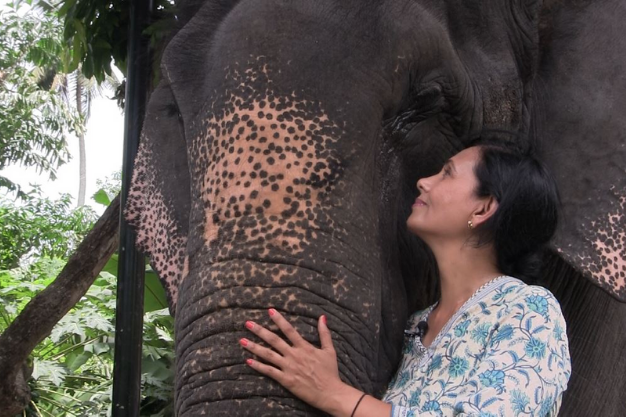Most of us are ignorant of the laws and rights that our country provides to protect women. It helps to be educated and have the right knowledge and information about them so that no one around us can get away with any kind of sexual violence and harassment towards any woman or child. As citizens of the country, it is our duty to uphold these laws and bring the guilty to task.
Here is an overview of the Sexual Harassment / Violence Laws under the Indian Penal Code
According to Section 354 A of the IPC, as a man committing any of the following acts:
(i) physical contact and advances involving unwelcome and explicit sexual overtures; or
(ii) a demand or request for sexual favours; or
(iii) showing pornography against the will of a woman; or
(iv) making sexually coloured remarks,
The punishment for (i), (ii) and (iii) as given above is rigorous imprisonment for a term that may extend to 3 years, or a fine, or both while the punishment for (iv) is either simple or rigorous imprisonment for a term which may extend to 1 year, or a fine, or both.
Section 354B of the IPC criminalises assault or use of criminal force against a woman with the intention of disrobing her, i.e. with the intention of depriving her of her clothing or forcing her to be naked. Such an act is punishable with either simple or rigorous imprisonment of 3 to 7 years and a fine. Aiding such a crime also carries the same punishment.
Section 354C of the IPC criminalises the act of voyeurism. It defines it as a man watching or capturing the image of a woman engaged in a private act in circumstances where she would usually not expect to be observed by the perpetrator or by any other person on the orders of the perpetrator or the distribution of an image so captured by the perpetrator. The punishment for committing this offence is simple or rigorous imprisonment of 1 to 3 years and a fine. Repeated offenders are punished with simple or rigorous imprisonment of 3 to 7 years and a fine.
Section 354D of the IPC criminalises stalking of a woman by a man. It defines the Act to include continuous following or contacting a woman by a man or attempts to contact a woman to build a personal relationship with that women even when the woman has shown a clear lack of interest. It also include acts of monitoring a woman’s electronic communication, i.e. communication over emails, social media etc. First time offenders are punished with either simple or rigorous imprisonment of upto 3 years and a fine while repeated offenders are punished with simple or rigorous imprisonment of upto 5 years and a fine.
Section 370 of the IPC defines human trafficking as the action or practice of transporting people illegally or without their consent across areas mainly to be used in the labour or commercial sex industry. The Immoral Traffic (Prevention) Act, 1956 is the law regulating human trafficking in India.
Section 375 of the IPC defines rape to include any or all of the following acts, by a man against a woman:
· Penetration of a man’s sexual organ (penis) into a woman’s mouth, vagina, urethra or anus or making her do so with him or someone else; or
· Inserting any object, not the penis, into a woman’s vagina, urethra or anus or making her do so with him or someone else; or
· Manipulating any body part of the woman to cause penetration into her vagina, urethra, anus or any other body part or making her do so with him or someone else; or
· Applying his mouth to a woman’s vagina, urethra or anus or making her do so with him or someone else.
Under the following circumstances:
· Against her will;
· Without her consent;
· With her consent, if such consent is obtained by causing her fear of death or hurt for herself or for someone she knows;
· With her consent, if she believes the man she is engaging with sexually is her husband;
· With her consent, where due to unsoundness of mind or intoxication, the woman is not able to fully understand the nature and consequences of the act she consents to;
· With or without the consent of a woman who is below 18 years if age;
· When the woman is unable to communicate consent.
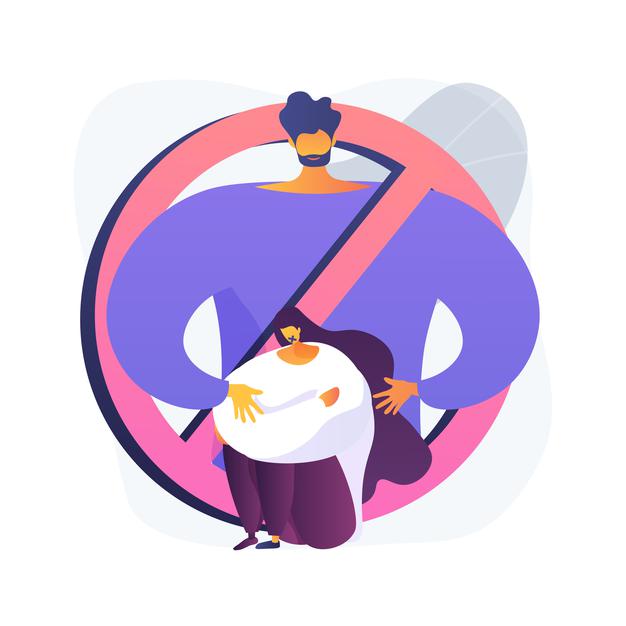
What is Marital Rape?
Marital rape, i.e. rape by one spouse of another is also listed as an exception to the act of rape, as long as the woman is above 15 years of age. Rape by a husband of his wife constitutes rape if they are living separately and has a punishment of 2 to 7 years jail term and a fine.
In October 2017, the Supreme Court stated that the act of sexual intercourse by a husband with his wife who is under the age of majority (18 years) would also be treated as rape. The apex court read down the exception, and the age of consent has been changed from 15 to 18 years. The punishment is rigorous imprisonment of 7 years to life and the person will also be liable to pay a fine.
POSH
The Sexual Harassment of Women at Workplace (Prevention, Prohibition and Redressal) Act, 2013 is a legislative act in India that seeks to protect women from sexual harassment at their place of work. It was passed by the Lok Sabha (the lower house of the Indian Parliament) on 3 September 2012.

The Act defines “sexual harassment” expansively and includes the ensuing unwelcome acts including Physical contact and advances; A demand or request for sexual favors; Making sexually colored remarks; Showing pornography; or, Any other unwelcome physical, verbal, or non-verbal conduct of sexual nature.
The Act also states the various circumstances (whether implied or explicit), inter alia, may constitute sexual harassment. The Act introduces the concept of an “extended workplace.” In addition to the office of the employer or employee, any place visited by the employee arising out of or during the course of employment, including transportation provided by the employer for the purpose of commuting to and from the place of employment, will also constitute a workplace.
POSH Law mandates every employer to:
1. Provide a safe working environment,
2. Display the penal consequences of workplace sexual harassment,
3. Conduct training programs to create awareness and sensitization among employees at all levels (i.e., managers and non-managers).
4. Conduct orientation programs for the members of the IC;
5. Provide necessary facilities for the members of the IC,
6. Monitor the timely submission of the reports by the IC and assist in any manner required to enable the aggrieved woman to secure justice under the IPC.
Though POSH Law affects all of India, it is not gender neutral and protects women only. But many organizations have opted to make their POSH policy gender neutral in order to ensure an equal representation of the workforce. POSH Law applies to both organized and unorganized sectors.
POCSO
To deal with child sexual abuse cases, the Government has brought in a special law, namely, The Protection of Children from Sexual Offences (POCSO) Act, from 14th November 2012. It is a comprehensive law to provide for the protection of children (below 18 years) from the offences of sexual assault, sexual harassment and pornography while safeguarding the interests of the child at every stage of the judicial process by incorporating child-friendly mechanisms for reporting, recording of evidence, investigation and speedy trial of offences through designated Special Courts.
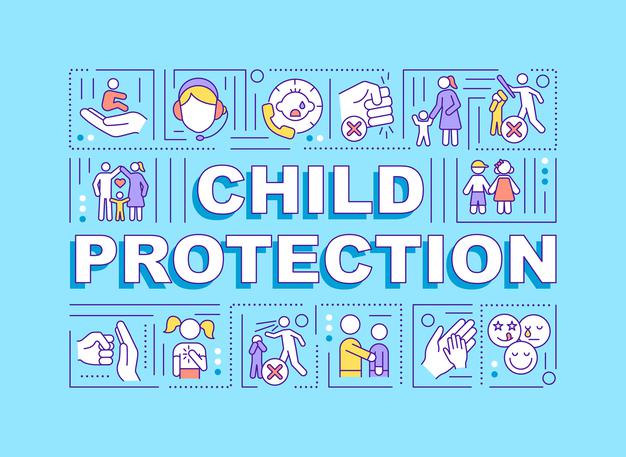
It also defines different forms of sexual abuse, including penetrative and non-penetrative assault, as well as sexual harassment and pornography, and deems a sexual assault to be “aggravated” under certain circumstances, such as when the abused child is mentally ill or when the abuse is committed by a person in a position of trust or authority vis-à-vis the child, like a family member, police officer, teacher, or doctor.
People who traffic children for sexual purposes are also punishable under the provisions relating to abetment. It also prescribes stringent punishment graded as per the gravity of the offence, with a maximum term of rigorous imprisonment for life, and fine.
The Indecent Representation of Women (Prohibition) Act
It was enacted by Parliament in the Thirty-seven Year of the Republic of India 1986. It is an act to prohibit indecent representation of women through advertisements or in publications, writings, paintings, figures or in any other manner and for matters connected therewith or incidental thereto. The offenders may be punished with imprisonment of 2 to 5 years or fined upto 10k.
IT Act for cyber harassment
Information Technology Act 2000 says that If any person is publishing or sending any salacious material in the form of electronic media is to be charged under section 67 of the Act.
Section 499 of the IPC, protects victims against harassment through remarks on social media or by posting obscene photographs. Even Section 507 of the IPC, which addresses any individual whose intention is to intimidate women or threaten them anonymously — online could help by awarding the perpetrator a jail time of two years.
Section 500 of the Indian Penal Code that deals with defamation, can be applied in case of cyber stalking in India and criminalises publishing any false statement against a person or harming the person’s reputation and provides punishment for any such act with imprisonment up to 2 years, fine or both.

